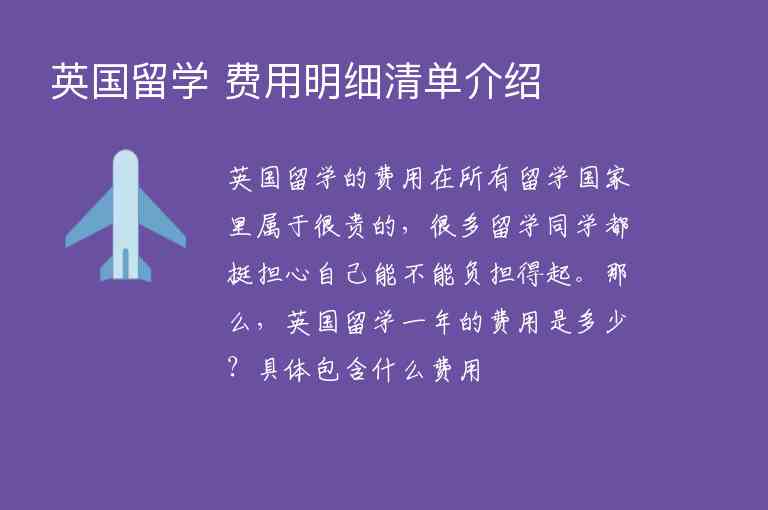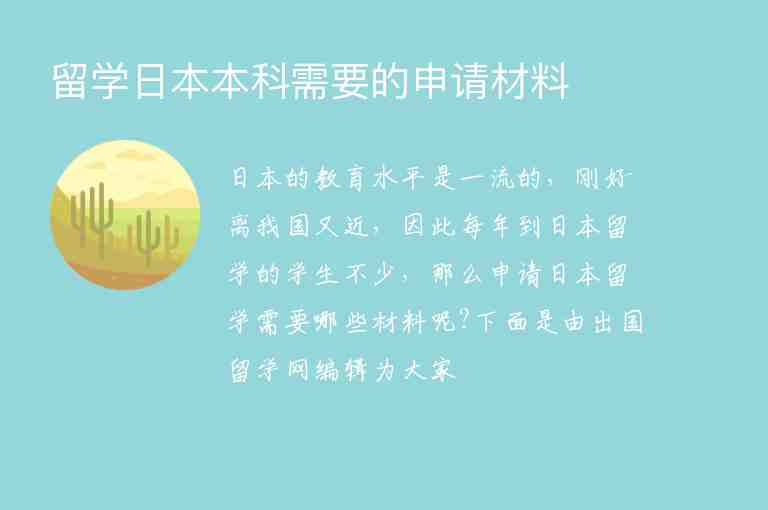allusion是指在一篇文章或者说话中,暗指某个人、、文学作品等的表达方式。它并不直接提及,而是通过暗示来传达意思。这种表达方式常常需要读者或听众有一定的文化知识和背景才能理解。
怎么读(音标)
[ə'luːʒn]
用法
allusion通常用作名词,表示“暗示”、“提及”,也可用作动词,表示“暗示”、“提及”。在句子中,allusion通常与介词to连用,表示暗指某个事物。
例句1-5句且中英对照
1. Her speech was full of allusions to Greek mythology, which made it difficult for the audience to understand. (她的演讲充满了对希腊神话的暗示,这让观众很难理解。)
2. The novel is full of allusions to Shakespeare's works, which adds depth and complexity to the story. (这部小说充满了对莎士比亚作品的暗示,这为故事增添了深度和复杂性。)
3. In his speech, the politician made a clever allusion to a famous quote by Abraham Lincoln. (在他的演讲中,这位家巧妙地暗指了亚伯拉罕·林肯的一句名言。)
4. The director's use of allusion to classic films in his latest movie has been praised by critics. (这位导演在他最新的电影中运用了对经典电影的暗示,受到了评论家的赞扬。)
5. The song's lyrics are full of allusions to the singer's personal struggles, making it relatable to many listeners. (这首歌的歌词充满了对歌手个人挣扎的暗示,使得很多听众都能产生共鸣。)
同义词及用法
1. Reference:指向某个事物或者情况,比allusion更直接明显。
2. Hint:暗示、提示,比allusion更强调提供线索或者信息。
3. Implication:暗示、含义,比allusion更强调传达某种意思。
4. Insinuation:暗讽、影射,比allusion更负面和讽刺性。
5. Allude:暗指、提及,是allusion的动词形式。
编辑总结
作为一种修辞手法,allusion可以使文章或者说话更加有深度和文化内涵。但是使用时需要注意读者或听众是否能够理解所指的事物,并避免使用过于复杂和晦涩的暗示。同时,在翻译中也要注意保持原文中所传达的意思和情感。



